Unless you live under a heavily fortified rock, you have likely heard by now of the damage caused by prolonged periods of stress.
Seeing as everybody experiences stress (if you don’t, please let me in on your secrets!), it is completely illogical to even attempt to remove its causes.
But, whilst many stressors (stress-causing events) are out of our control, the way that we deal with them does not have to be!
So, instead of trying to remove every potential stressor, here are some ways you can encourage employees to deal with them healthily
Promote work-life balance
If work does not consume employee’s lives, neither will work-related stressors. Simple.
Every company and the teams within it is different, so this will manifest itself differently for everyone.
However you do it, the important thing is showing your employees that you – and your company – truly care about them as a person, rather than as a tiny cog in your machine.
Work-life balance can be improved with just a few small changes.
Flexible working, for example, can reduce the stress caused by a child becoming sick, as a parent can be confident that their job will not be endangered because of it.
Embracing each employee’s personal situation reduces the impact that out-of-work stressors have inside work.
Encourage mindfulness
Bear with me! Mindfulness might sound like one of those hippy-dippy phrases that no one really has time for, but it is truthfully so, so easy.
Mindfulness DOES NOT mean you have to spend an hour a day meditating (although that would be very mindful).
All mindfulness really means is focusing undistractedly on whatever it is that you are doing.
Whether it’s being completely present in meetings, focusing on whatever piece of work is being done right now or giving people our undivided attention on the phone, being mindful reduces the impact that stressors have on unrelated aspects of our lives.
Mindfulness is easy and can start at mealtimes: encourage eating lunch away from your desks.
While that sounds pretty insignificant, it means that lunch, even if for only 5 minutes, is a time for life – not work (and its stressors).
Destigmatise asking for help
As we all know that stress is normal, it is darn ridiculous that talking about it is still taboo!
Whether it’s a professional to talk to or some simple breathing exercises, encourage dealing with stress – rather than bottling it up.
If you are a leader, be open about YOUR stressors. Leading by example is the best way to encourage any behaviour.
Perfectionism benefits no one, so asking for help with work AND mental health is beneficial to our businesses as well as our stress levels.
Allow for contingency plans
No matter how meticulous you are with your planning, things change. Deals fall through, people let you down, a pandemic consumes the world…
Having backup plans and accepting that they might be needed means that a fall-through or mistake does not need to lead to a total mental breakdown.
It also helps to reinforce the fact that employees (and employers) are HUMAN. And humans aren’t perfect.
If employees feel that their workplace cares about them personally, the impact of daily stressors becomes a little lighter.
So, we don’t need to remove stress?
Nope!
The fight-or-flight (stress) response is an innate reaction that we NEED!
If we didn’t get stressed, how would we get the adrenaline we need to outrun chainsaw murderers?
We can, however, remove the impact of everyday stressors, to help relieve ourselves of prolonged periods of stress, which are innately unhelpful.
So, if we encourage opening up and celebrating our different situations and humanity, we can stop inevitable stressors from taking over our lives.
Author

Author: Felicity Thompson
Head of Copy at Hooray Health & Protection, Felicity Thompson comes from a psychological background, with experience writing for individuals and businesses across the globe. Felicity first worked in insights and analytics, where she witnessed the difficulty businesses have transforming data into creative content. She then moved to writing with the intention of connecting brands with their consumers using data-driven copy.As well as writing, Felicity loves travelling, and is currently based on Australia’s Sunshine Coast.

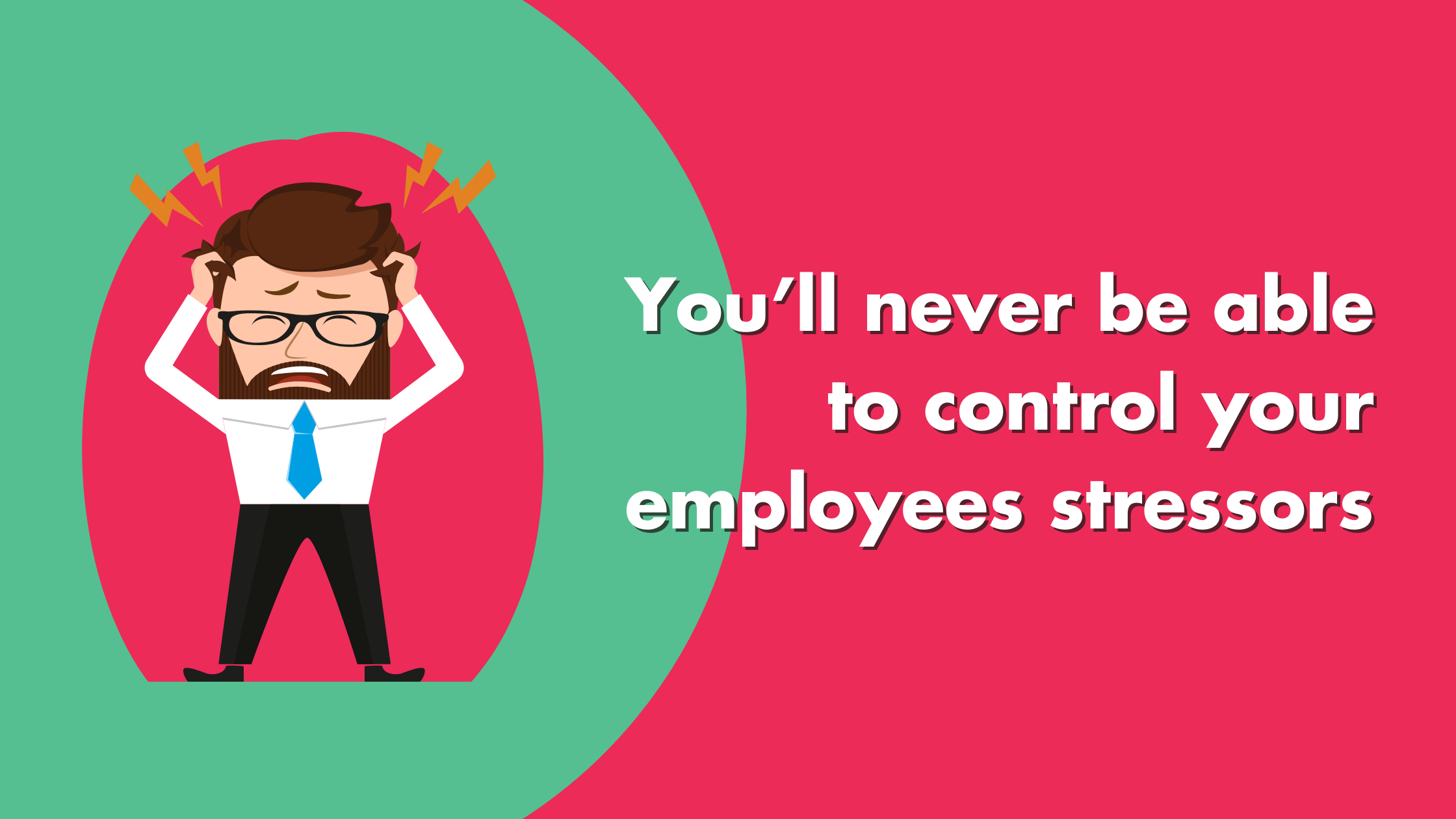
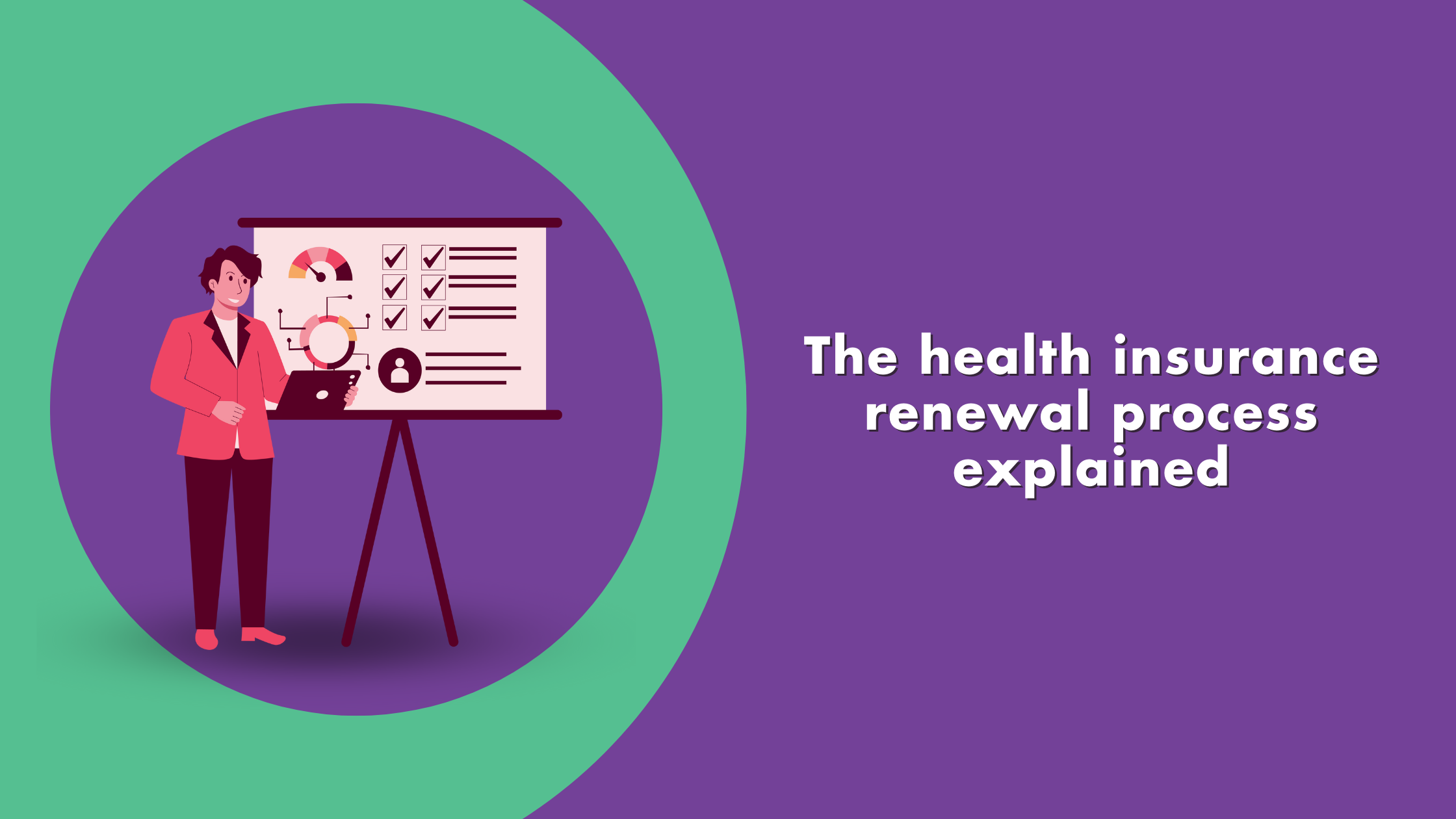
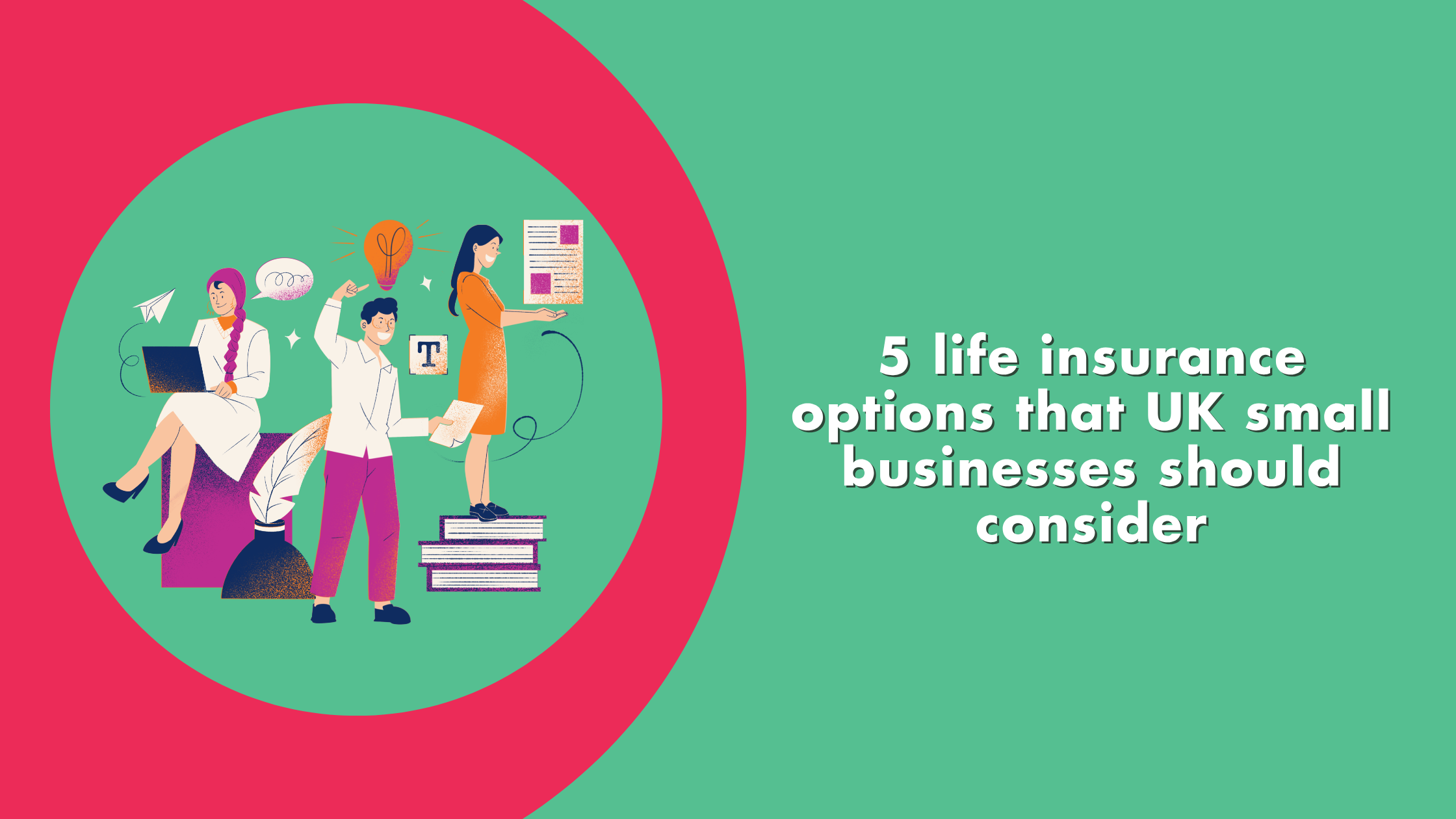
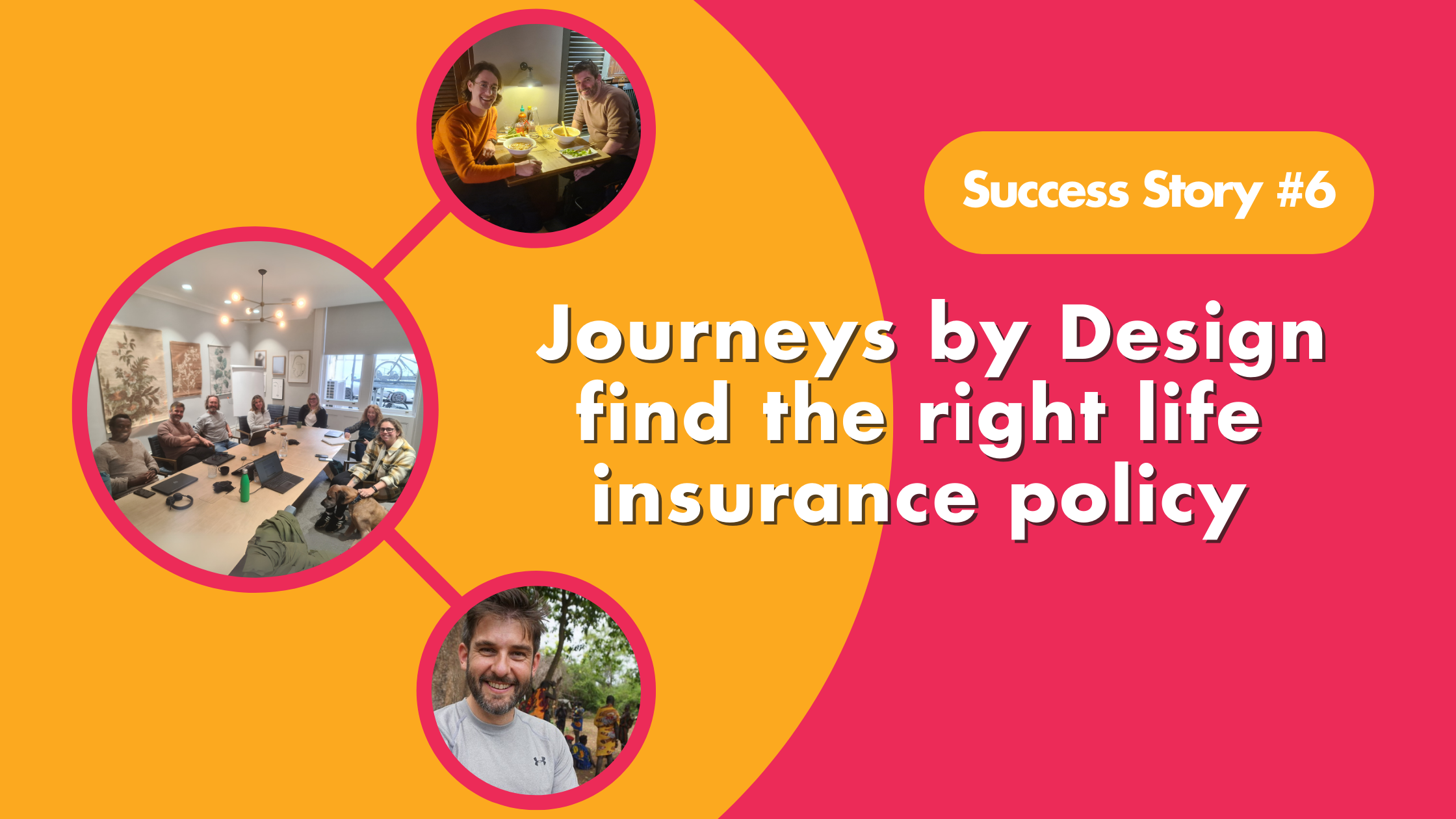
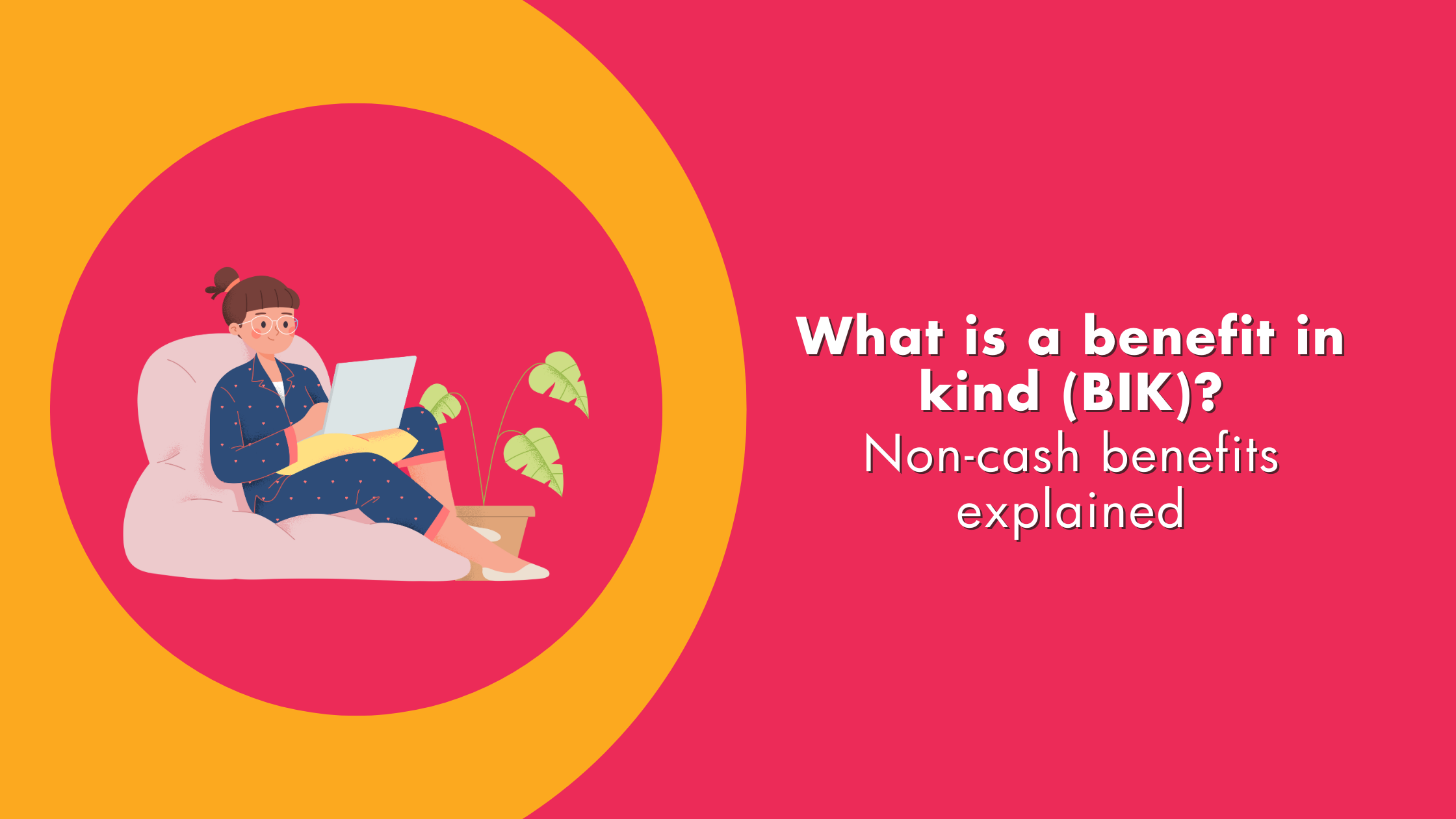
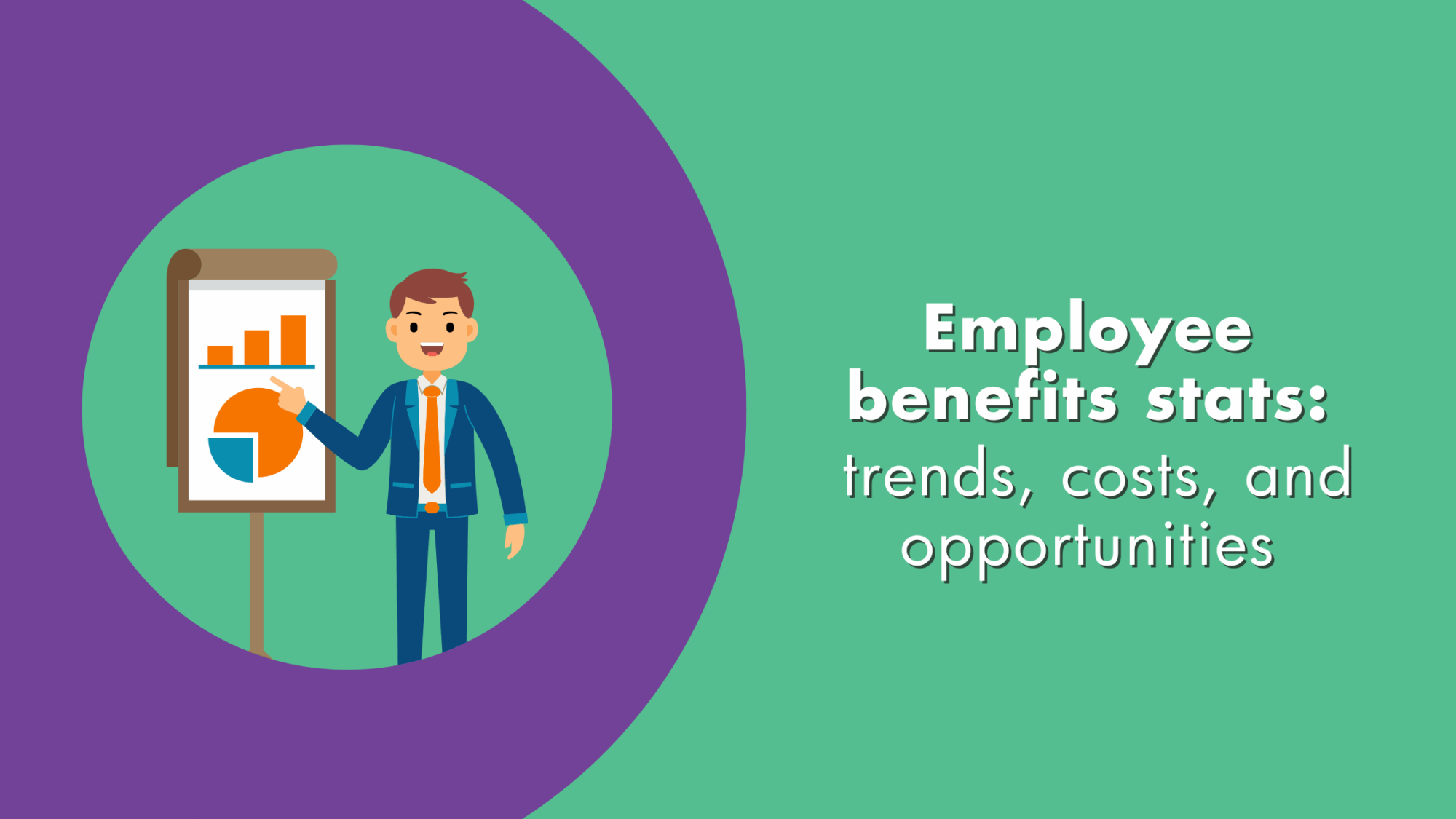

![_HPA24 Advice Firm of the Year [YELLOW] _HPA24 Advice Firm of the Year [YELLOW]](https://hoorayinsurance.co.uk/wp-content/uploads/elementor/thumbs/HPA24-Advice-Firm-of-the-Year-YELLOW-qwfw5zs3ef19fjq6cnwf697rj9gwqbf8o6443qptg0.png)
![_HPA24 Best Small Health Insurance Advice Firm [YELLOW] _HPA24 Best Small Health Insurance Advice Firm [YELLOW]](https://hoorayinsurance.co.uk/wp-content/uploads/elementor/thumbs/HPA24-Best-Small-Health-Insurance-Advice-Firm-YELLOW-qwfw5yu97kzz3xrji5hslrgaxvljimbic1gmmgr7m8.png)
![_HPA24 Best Sales & Retention Advice Team [YELLOW] _HPA24 Best Sales & Retention Advice Team [YELLOW]](https://hoorayinsurance.co.uk/wp-content/uploads/elementor/thumbs/HPA24-Best-Sales-Retention-Advice-Team-YELLOW-qwfw5yu97kzz3xrji5hslrgaxvljimbic1gmmgr7m8.png)
![_HPA24 Best Small Protection Advice Firm [YELLOW] _HPA24 Best Small Protection Advice Firm [YELLOW]](https://hoorayinsurance.co.uk/wp-content/uploads/elementor/thumbs/HPA24-Best-Small-Protection-Advice-Firm-YELLOW-qwfw5zs3ef19fjq6cnwf697rj9gwqbf8o6443qptg0.png)